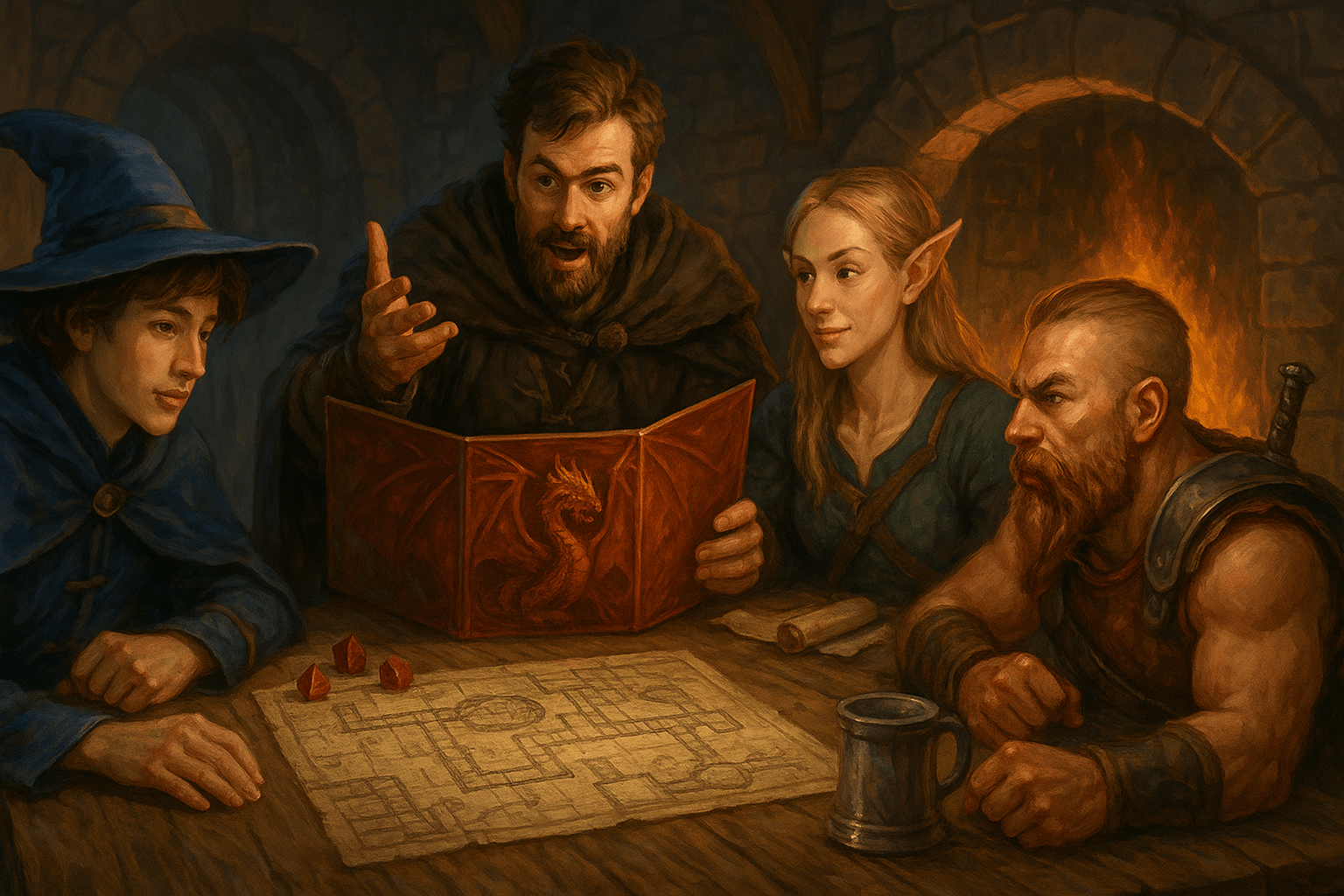
No Time? No Problem! How to Run a D&D One-Shot Adventure in Just a Few Hours

Whether you're short on time or just want to dive into a fast, thrilling story, Dungeons & Dragons (D&D) 5e one-shot adventures offer the perfect way to experience the magic of tabletop roleplaying without needing a long campaign commitment.
In this guide, we’ll walk you through how to run a D&D one-shot, why they’re ideal for many types of players, and how to use dice-driven mechanics to boost drama, roleplay, and action. If you’ve got a few hours and a love for adventure, you’re ready to run a one-shot.
What Is a D&D One-Shot Adventure?
A one-shot is a self-contained D&D adventure designed to be played in a single session, typically 2–4 hours long. Unlike traditional campaigns, which span weeks or even years, one-shots tell a complete story in just one sitting.
They’re quick to prep, easy to run, and highly adaptable, making them one of the best D&D one-shots experiences for both beginners and veteran players alike.
Why One-Shots Are Awesome
Let’s break down what makes D&D 5e one-shot adventures so appealing:
✔ Perfect for Beginners
- One-shots are an excellent entry point for tabletop RPGs for beginners.
- No long-term commitment.
- Pre-generated characters or simplified character creation keeps the focus on fun.
✔ Great for Time-Constrained Groups
- Ideal for players who can’t commit to a full campaign.
- Works well for game nights, holidays, or last-minute sessions.
✔ Experiment-Friendly
- Test out weird characters, crazy builds, or niche subclasses.
- Try genres like horror, mystery, or steampunk that may not fit into your main campaign.
✔ Easy for Dungeon Masters (DMs)
- Shorter prep time.
- Less pressure to build out a world or keep continuity.
- A great way to practice storytelling and improvisation skills.
Step-by-Step: How to Run a D&D One-Shot
Here’s your roadmap to crafting a thrilling quick D&D session.
Step 1: Set a Clear Goal
Every one-shot needs a strong central hook or objective.
Examples:
- “Rescue the mayor’s daughter from a goblin cave.”
- “Find the ancient artifact before midnight.”
- “Survive a haunted mansion until dawn.”
Pro Tip: Use a time limit within the story to build tension and keep things moving.
Step 2: Choose the Right Setting
Keep it simple but flavorful. A single location or region often works best.
Popular one-shot environments:
- A mysterious forest
- A besieged village
- A sunken temple
- A cursed carnival
Visual Aid: A simple dungeon map with 3–5 rooms can form the backbone of your one-shot.
Step 3: Use Pre-Made Characters or Keep Creation Simple
To save time, consider:
- Pre-generated character sheets
- “Build your character in 15 minutes” templates (e.g., pick class, race, one background trait)
This lets you jump right into the action.
Example: "You're a tiefling rogue who woke up with no memory and a dagger in your hand. Go."
Step 4: Create 3–5 Key Encounters
A one-shot thrives on a few dramatic, memorable moments.
Types of encounters to include:
- Combat: A boss fight, ambush, or monster lair.
- Social: A shady merchant, a desperate prisoner, or a noble with secrets.
- Exploration/Puzzle: A trapped hallway, hidden passage, or riddle-locked door.
Use a 3-act structure:
- Setup (Intro + first encounter)
- Twist or complication
- Climax (Boss fight or final choice)
Step 5: Keep the Rules Light
You don’t need to track every rule or spell detail, focus on flow.
Allow creative solutions, quick rulings, and simplified mechanics. Encourage fun over accuracy.
Example: Let a player attempt a wall-run using Acrobatics to dodge a trap. If the dice say yes, roll with it!
How Dice Drive Drama in One-Shots
Dice aren’t just numbers, they’re the pulse of the game. They add uncertainty, tension, and surprise to your story.
Here’s how to use dice rolls to amplify your one-shot:
Roleplaying Decisions
Let the dice influence emotional or story-driven moments.
Example: A bard tries to charm a grieving widow for info. On a low roll, the widow breaks down crying instead.
Combat Climax
In one-shots, combat is a narrative tool. A single crit or failure can change the tone.
Example: The fighter rolls a natural 1 during the final blow. The villain escapes—changing the ending entirely.
Ability Checks for Story Beats
Reward creativity with dice-based solutions.
Example: A player wants to use History to recognize ancient symbols. Success gives them a clue; failure triggers a magical trap.
Thematic Dice Rolls
Tie dice rolls directly into the story’s theme.
- Horror: Sanity saves and cursed objects
- Mystery: Insight and Investigation checks in tense moments
- Action: Quick succession of Dexterity saves during a collapsing temple escape
Visual Example: A d20 roll on fire as a player tries to leap from a crumbling bridge, either glory or doom.
Quick Tips for a Smooth One-Shot
- Set expectations: Remind players it’s a fast-paced, short adventure.
- Use a session timer: Keep the pace brisk and wrap up in time.
- Lean into tropes: Familiar fantasy tropes help speed up immersion.
- Encourage bold choices: There are no long-term consequences, go big!
- Use cliffhangers creatively: If time runs out, end on a dramatic moment.
“As the cursed idol begins to glow, you feel the world shift around you. To be continued…?”
One-Shot Tools You Can Use
Here are a few tools to streamline your quick D&D sessions:
- Pre-made one-shots: Look for “best D&D one-shots” online or in official books like Tales from the Yawning Portal.
- Character sheet generators: Websites that let you build characters in minutes.
- Initiative trackers: Dry-erase cards, digital apps, or index cards.
- Dice rollers: Physical dice are more immersive, but digital ones work in a pinch.
Example One-Shot Adventure Setup
Title: The Candlekeep Catacombs
Length: 3 hours
Hook: A magical book has gone missing, and the Candlekeep librarians are panicking.
Setting: A forgotten wing beneath the library
Encounters:
-
- Talking mimic disguised as a bookshelf
- Puzzle to unlock the final vault
- Ghost of a former scholar guarding the book
Key Dice Moments:
- Investigation to follow arcane trails
- Persuasion to negotiate with the mimic
- Wisdom save to resist ghostly possession
Final Thoughts
D&D 5e one-shot adventures are a fantastic way to experience everything that makes tabletop RPGs fun, without needing a sprawling campaign.
They’re flexible, fast, and full of opportunities to roll dice, tell stories, and unleash creativity. Whether you’re introducing new players, trying out a fresh idea, or just making the most of a free evening, a one-shot lets you dive into adventure on your schedule.
A good one-shot becomes great with the right tools, especially dnd dice that capture your story’s tone. Whether it’s glowing arcane runes or blood-red battle scars, the right set can elevate your session from good to unforgettable.
Treat your table to something special. Explore premium dice sets designed to inspire epic one-shots and heroic rolls.



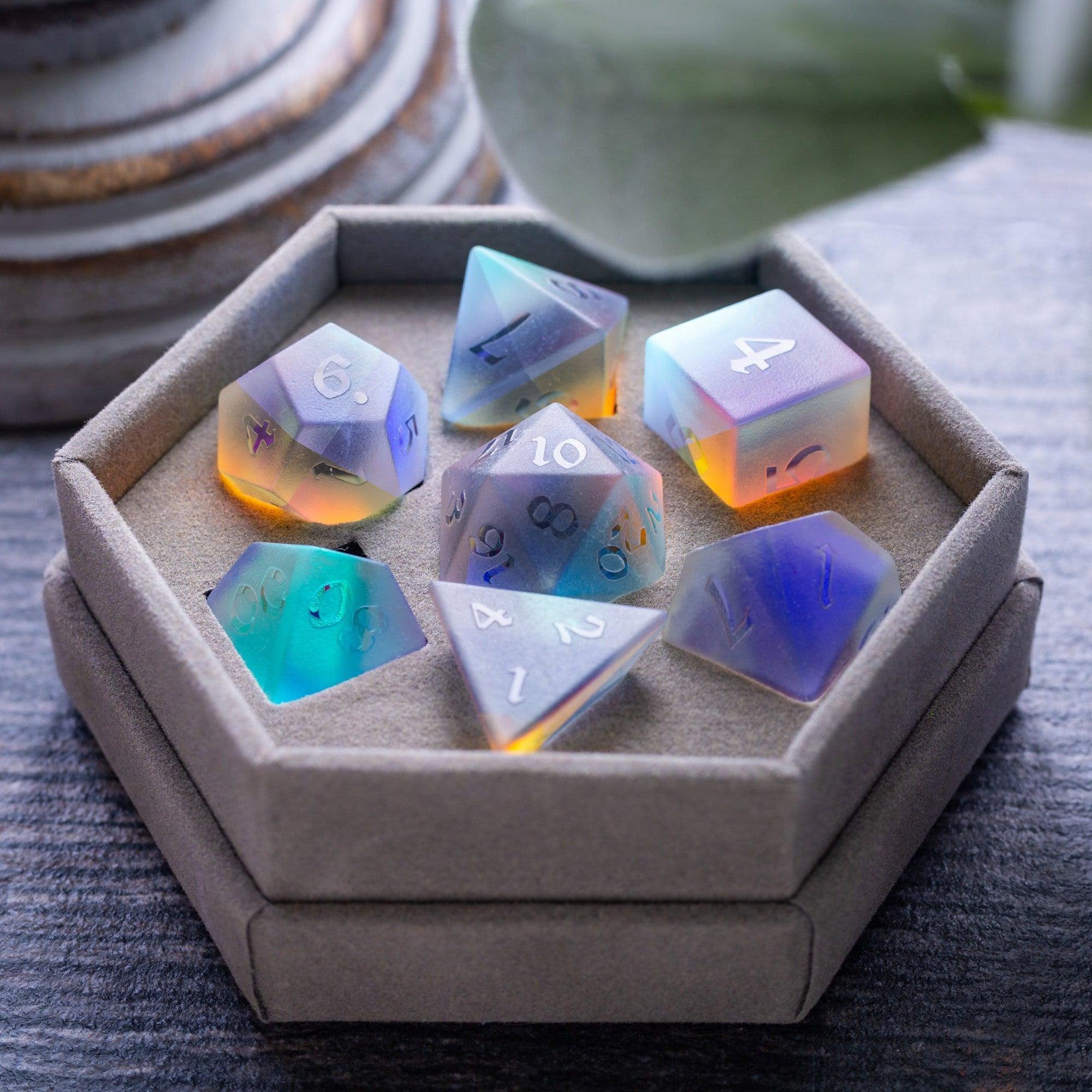
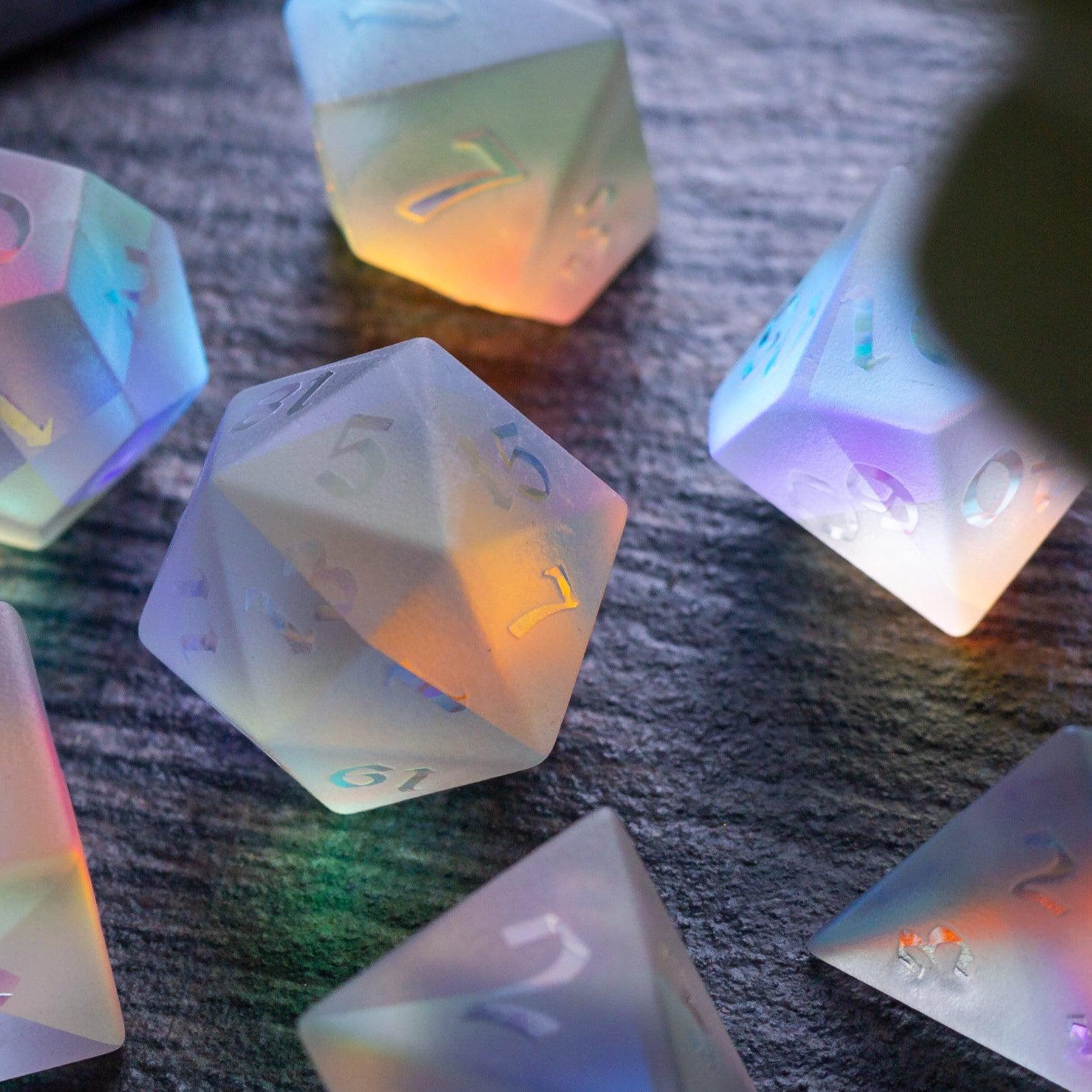
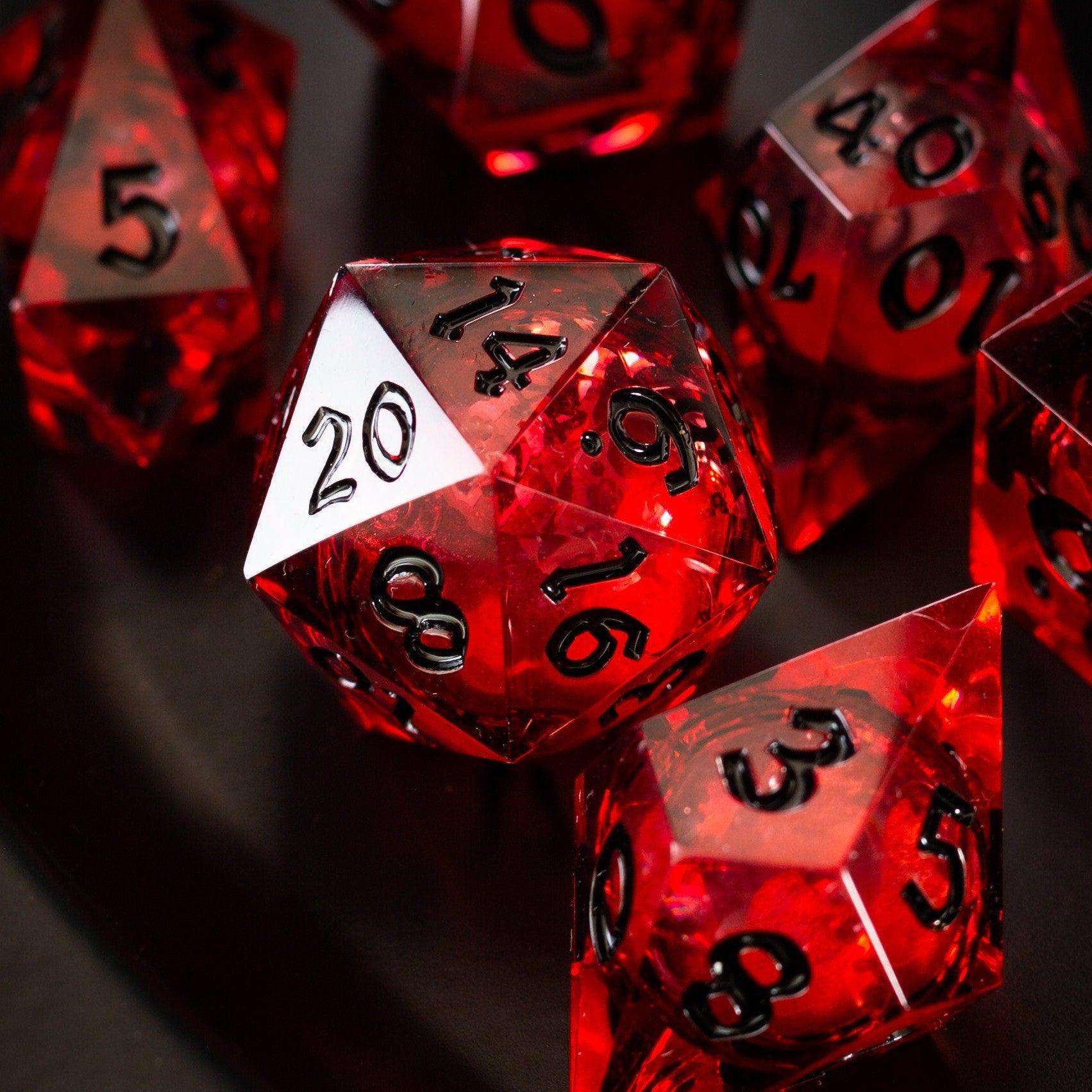
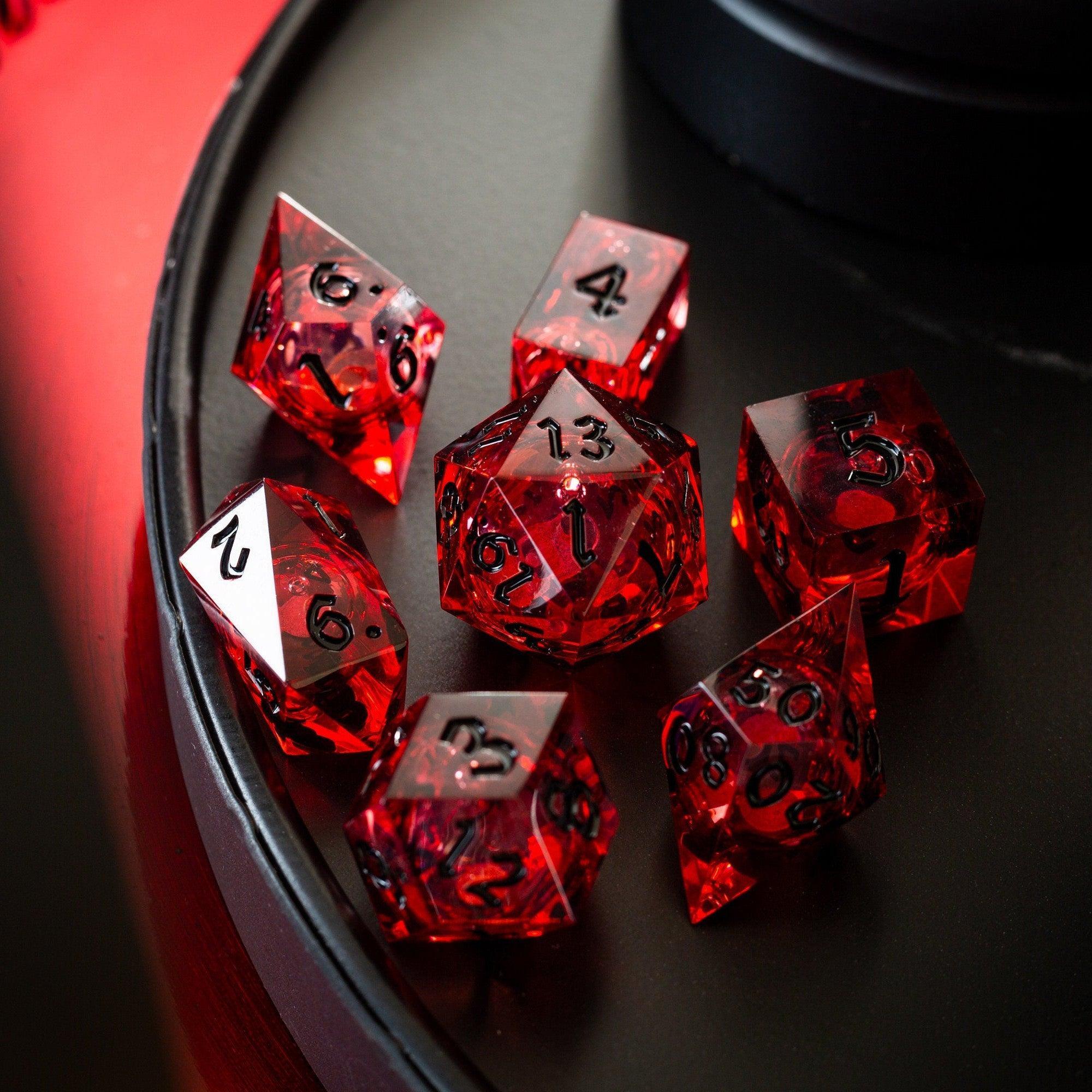
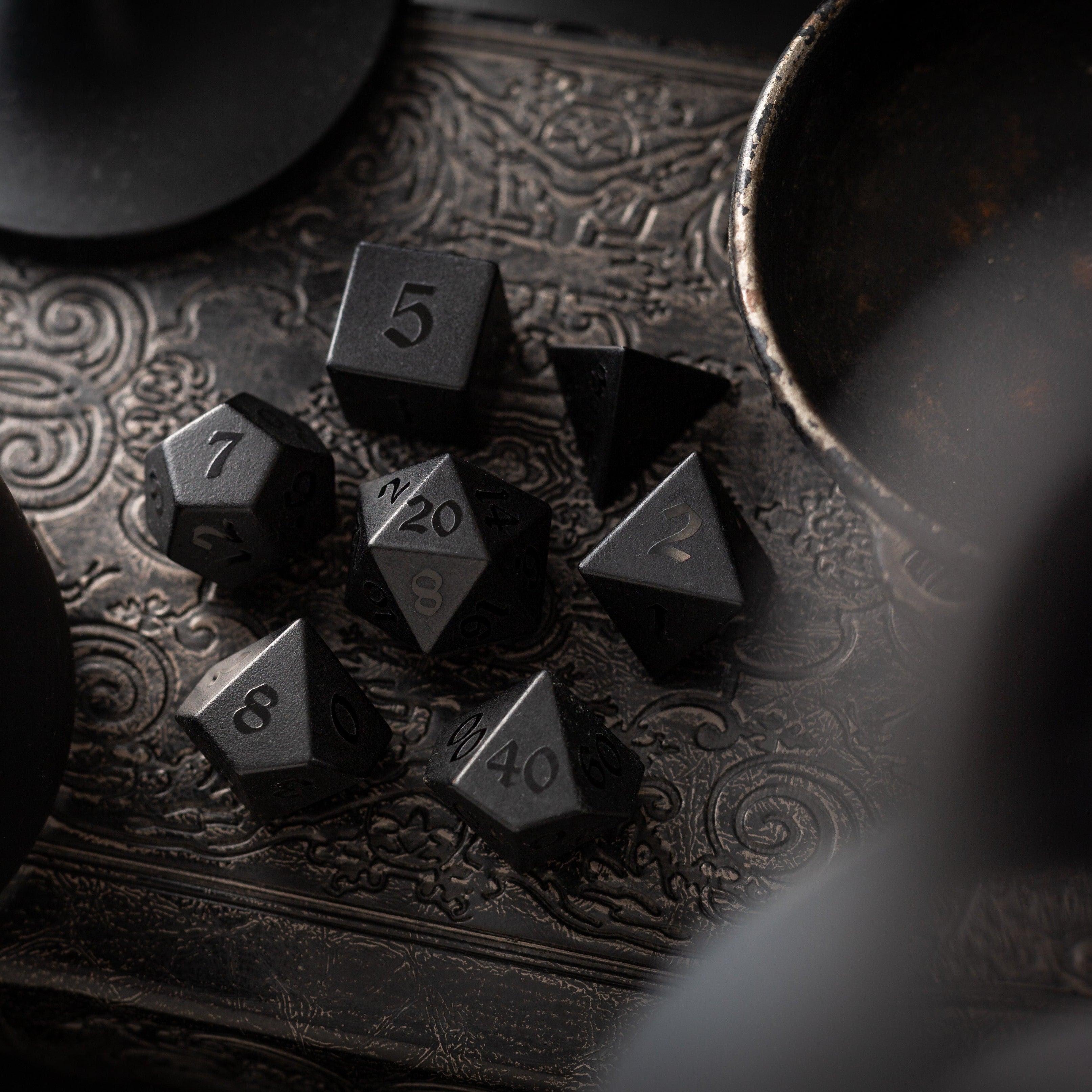
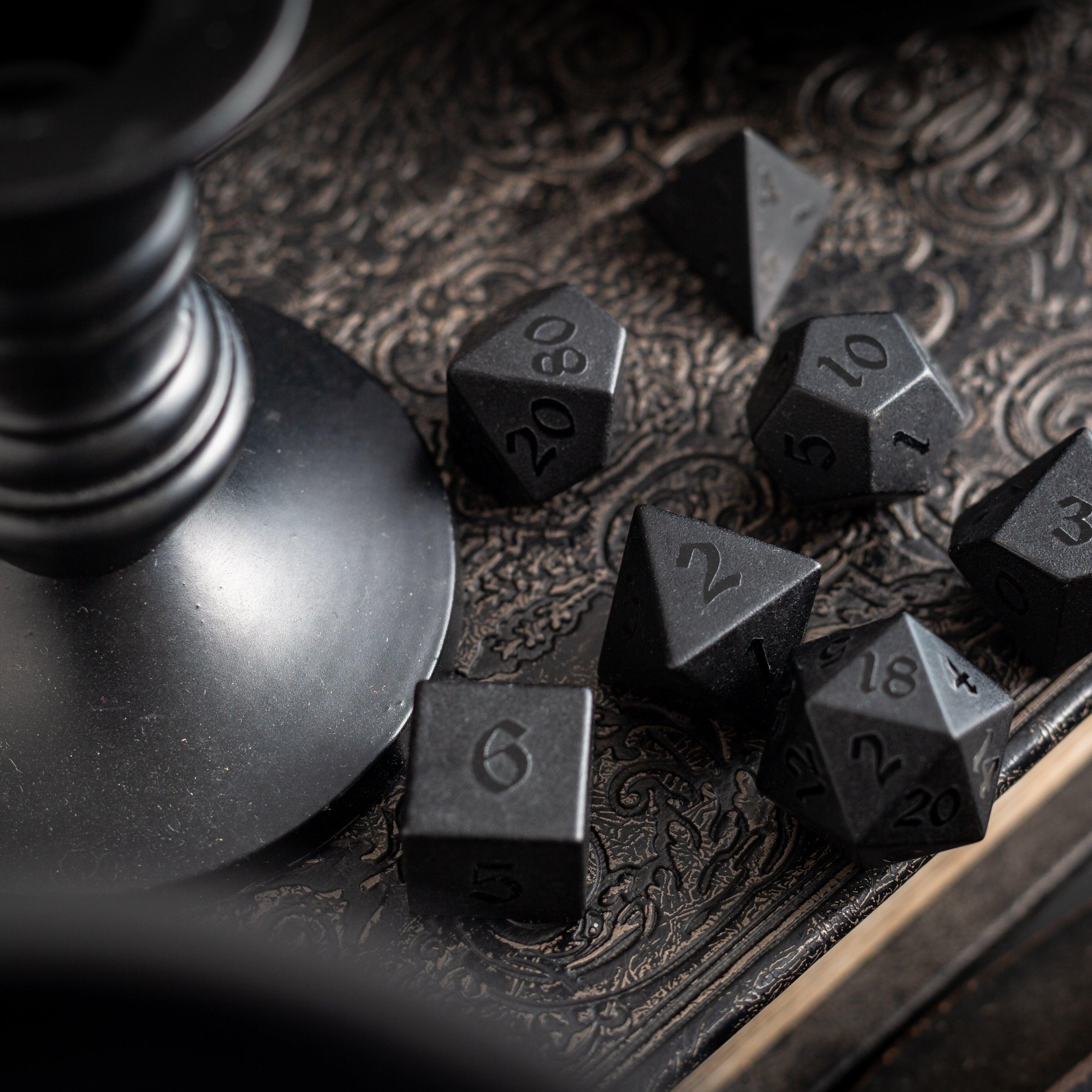
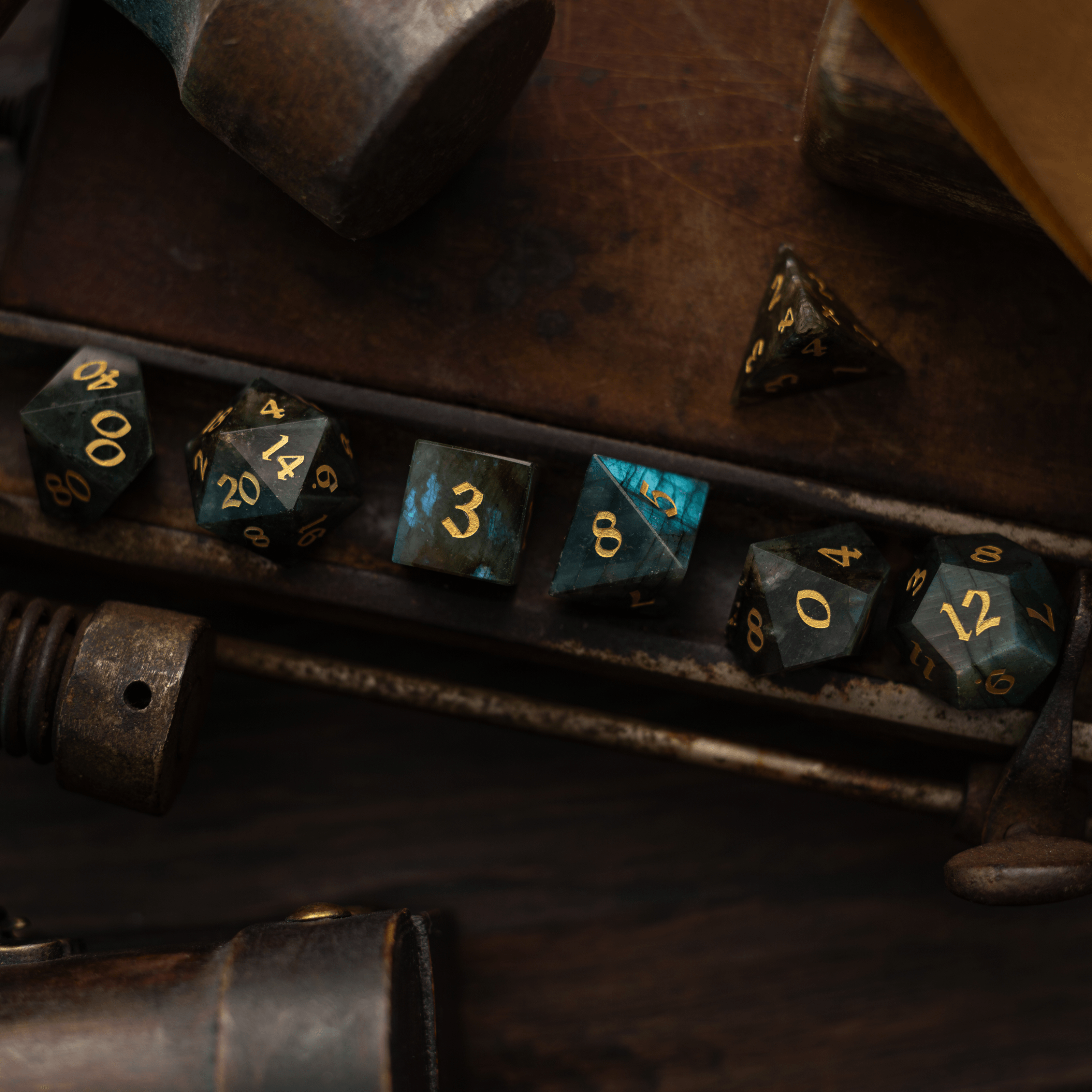
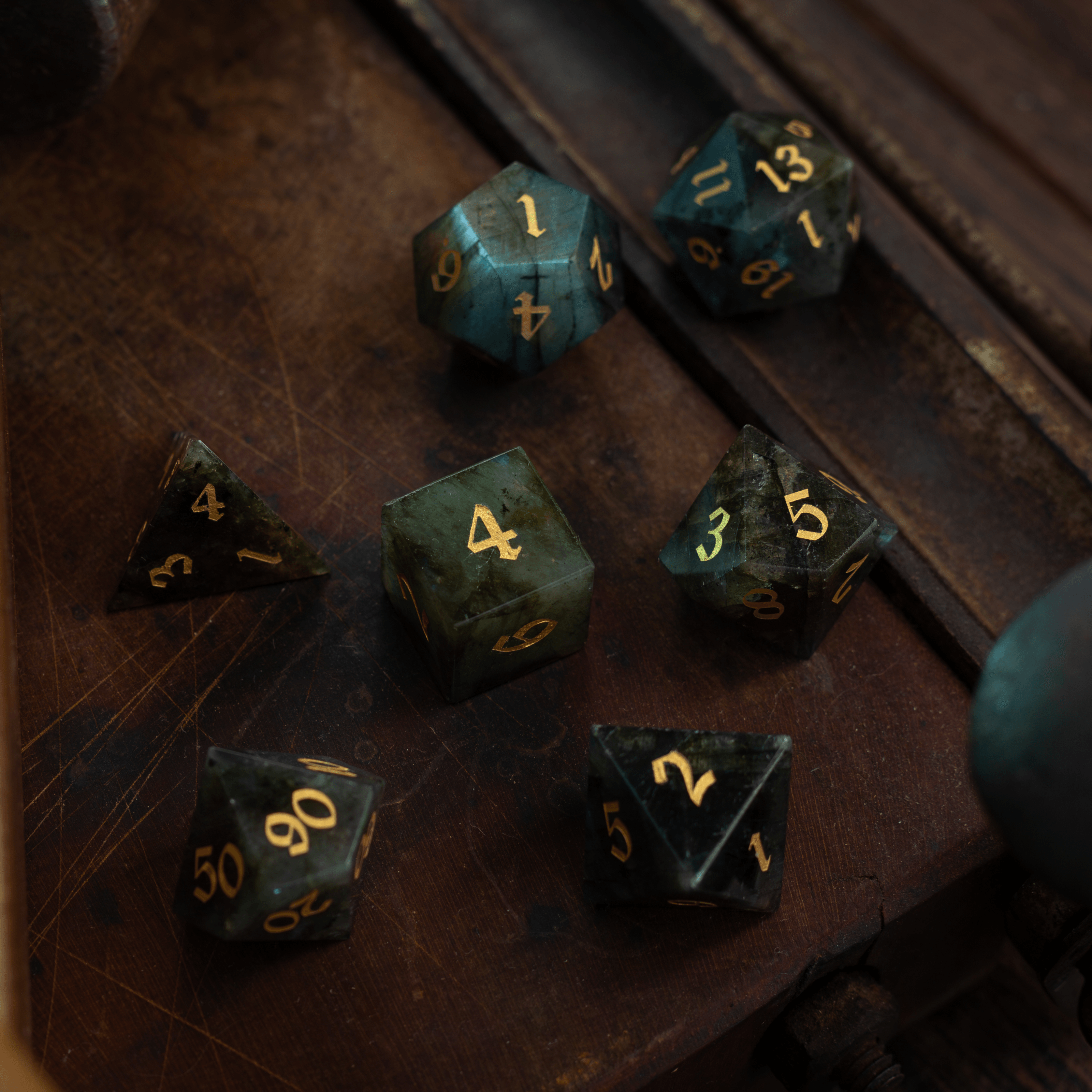
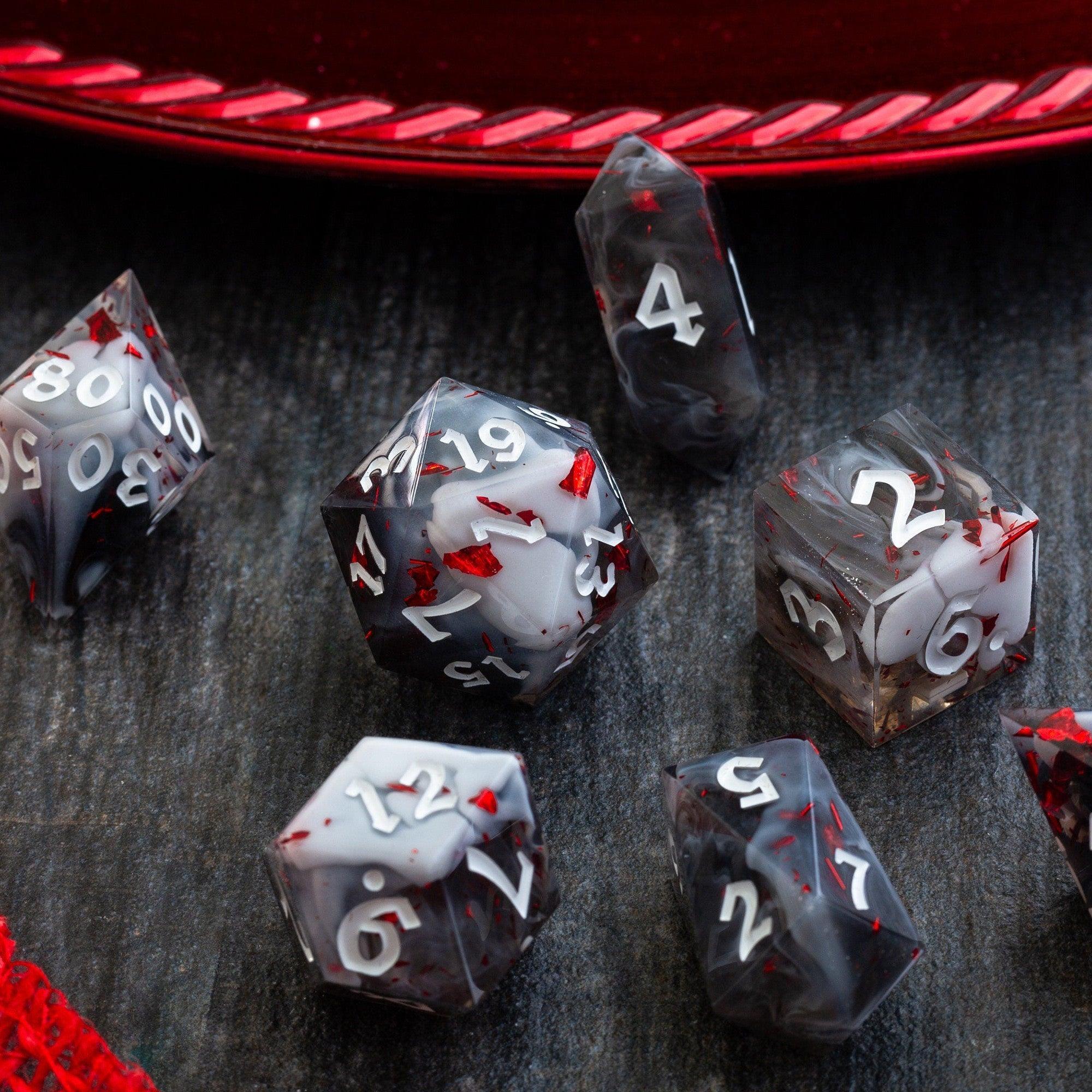
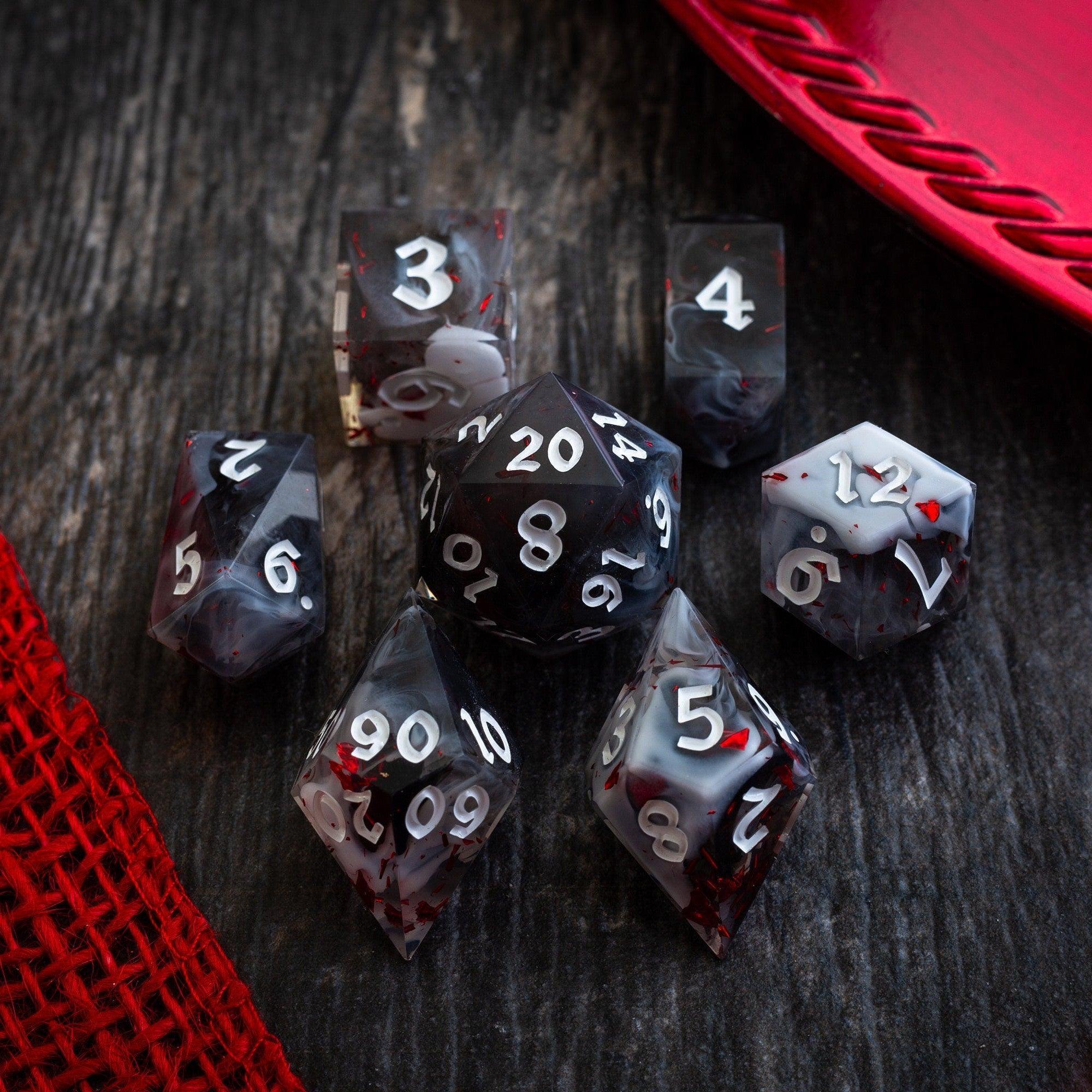
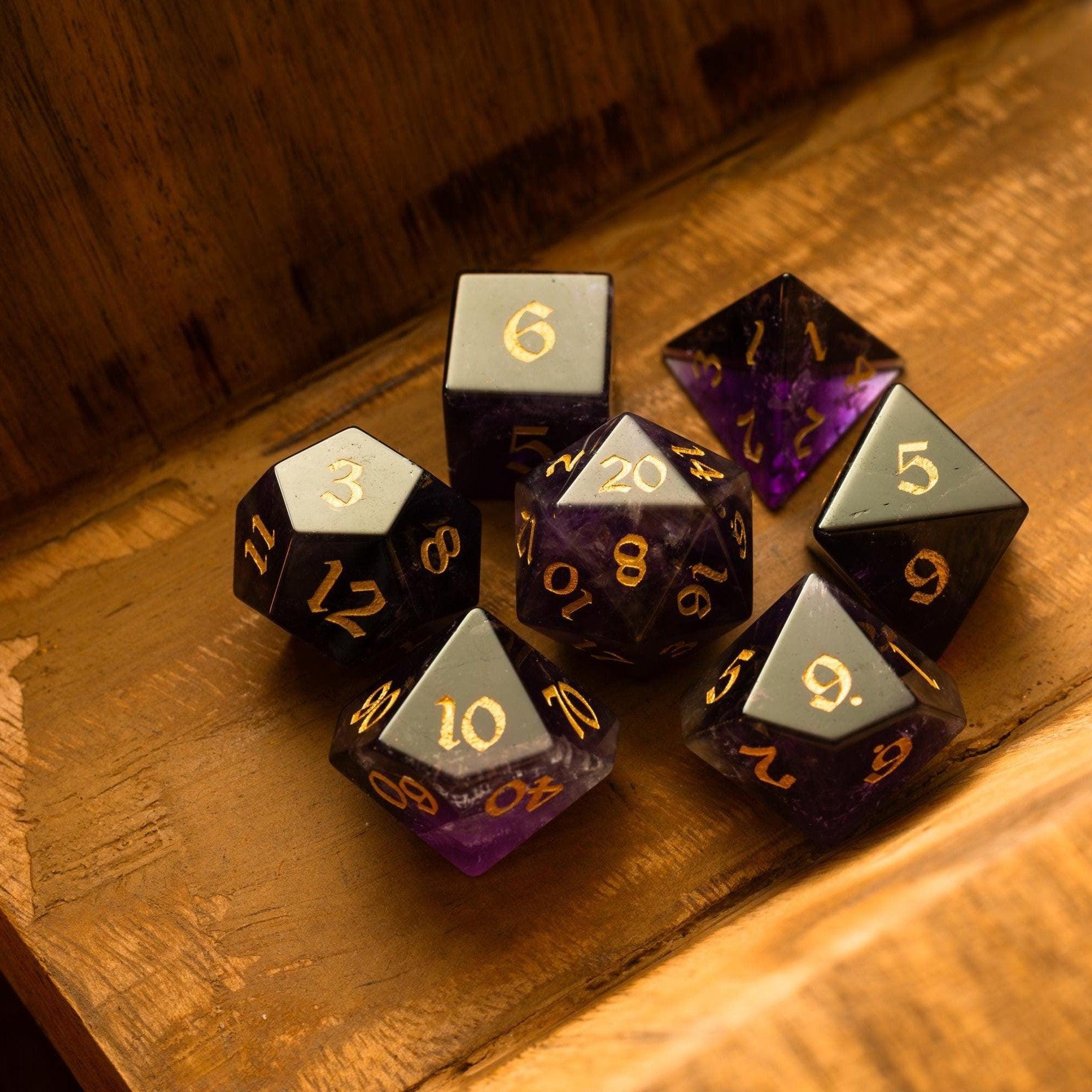
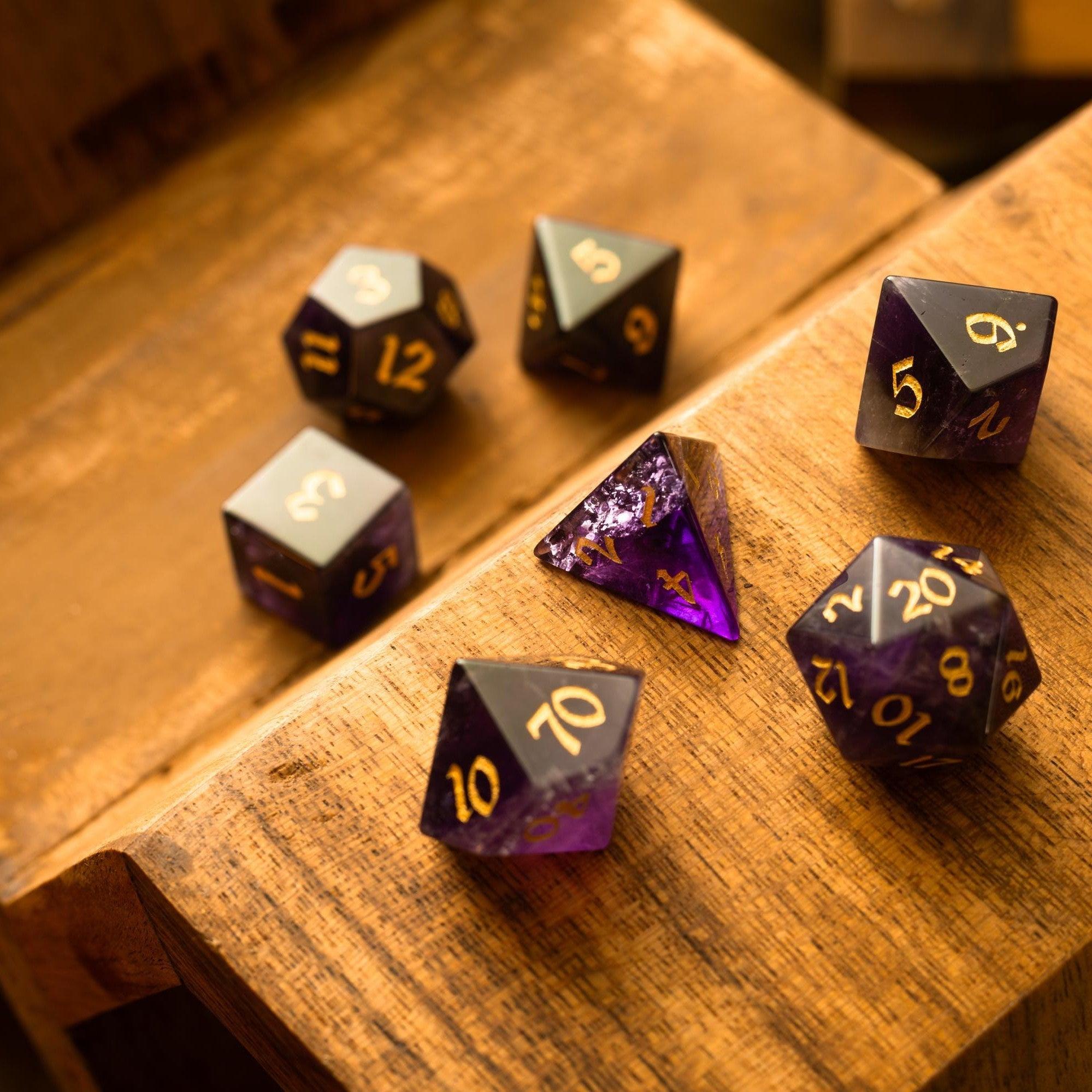
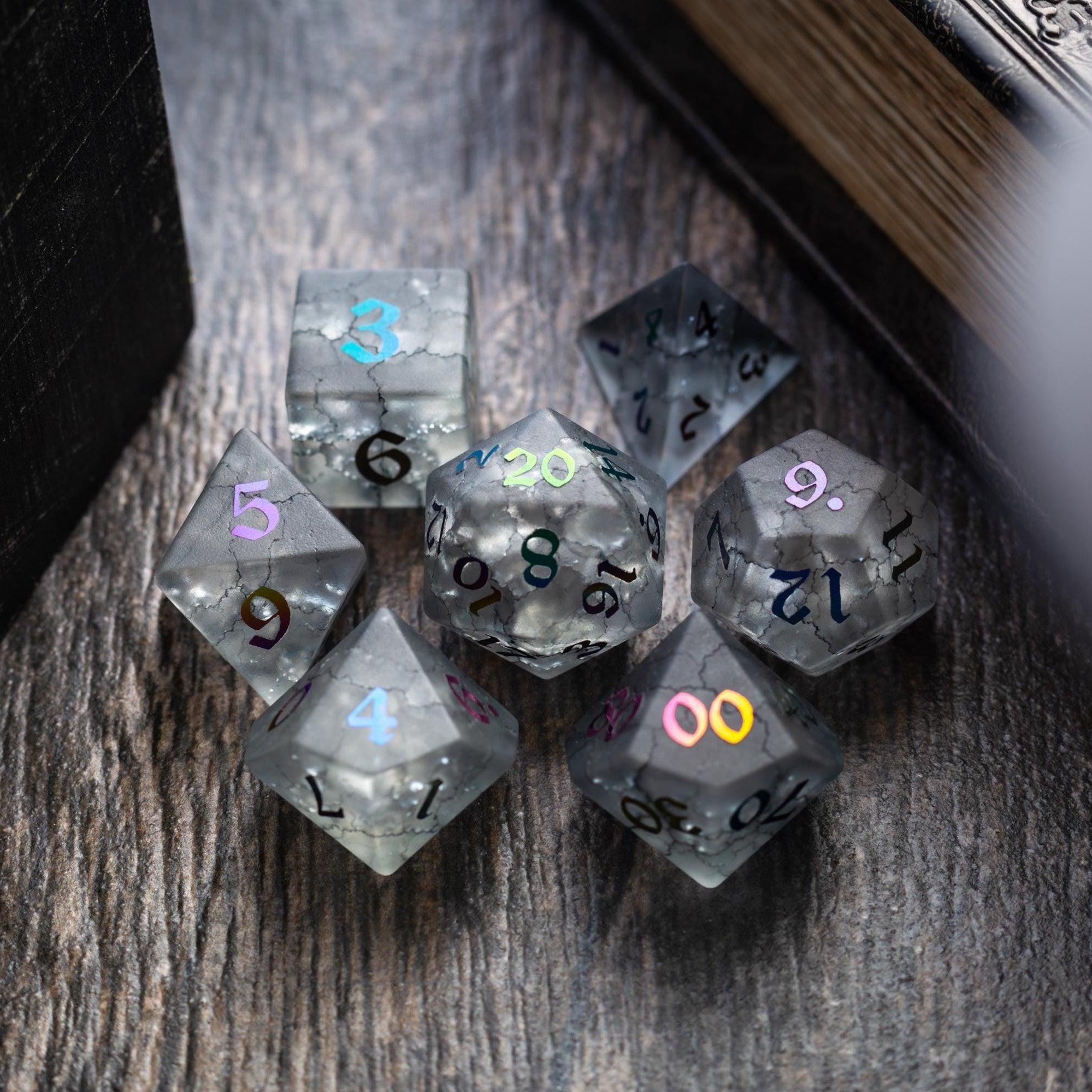
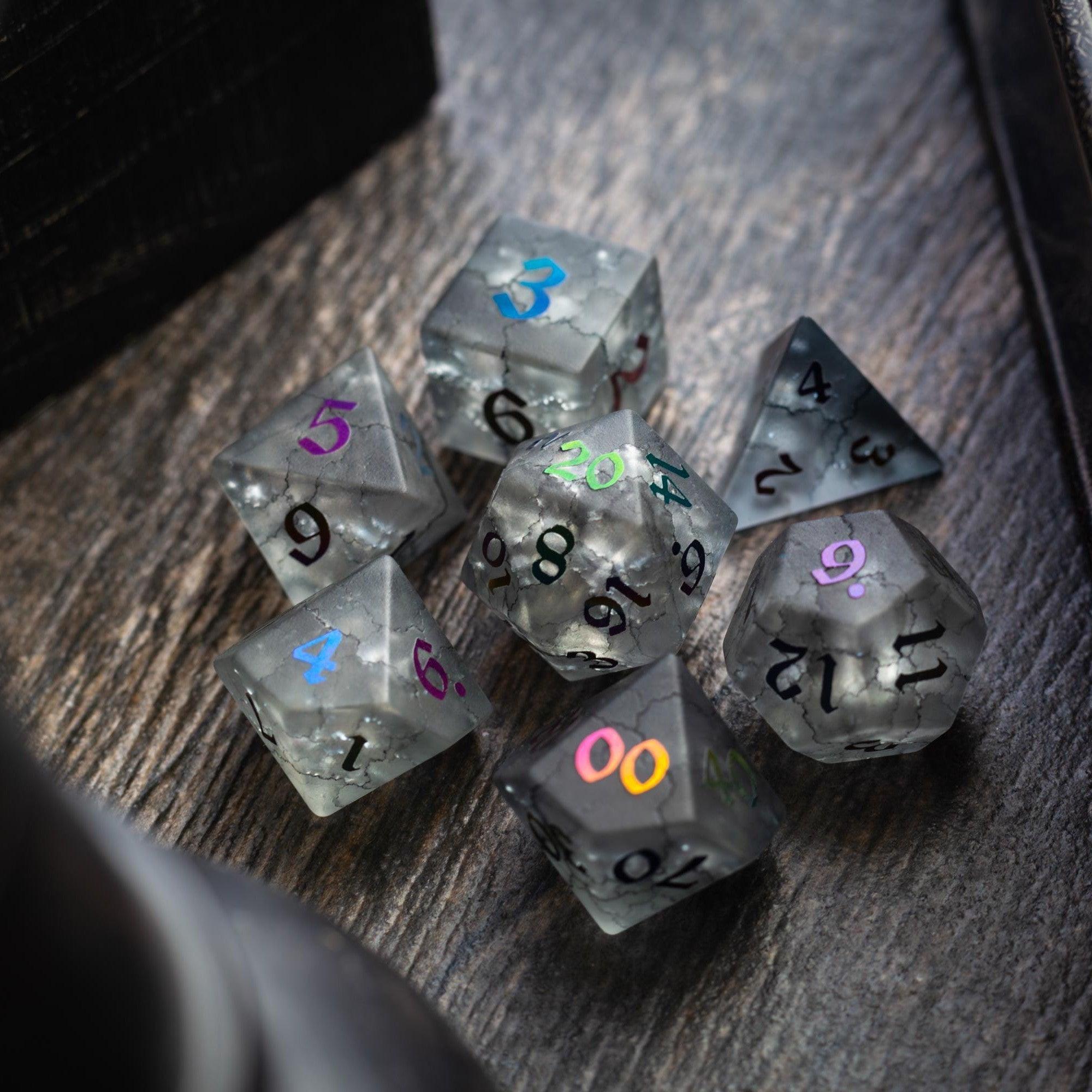
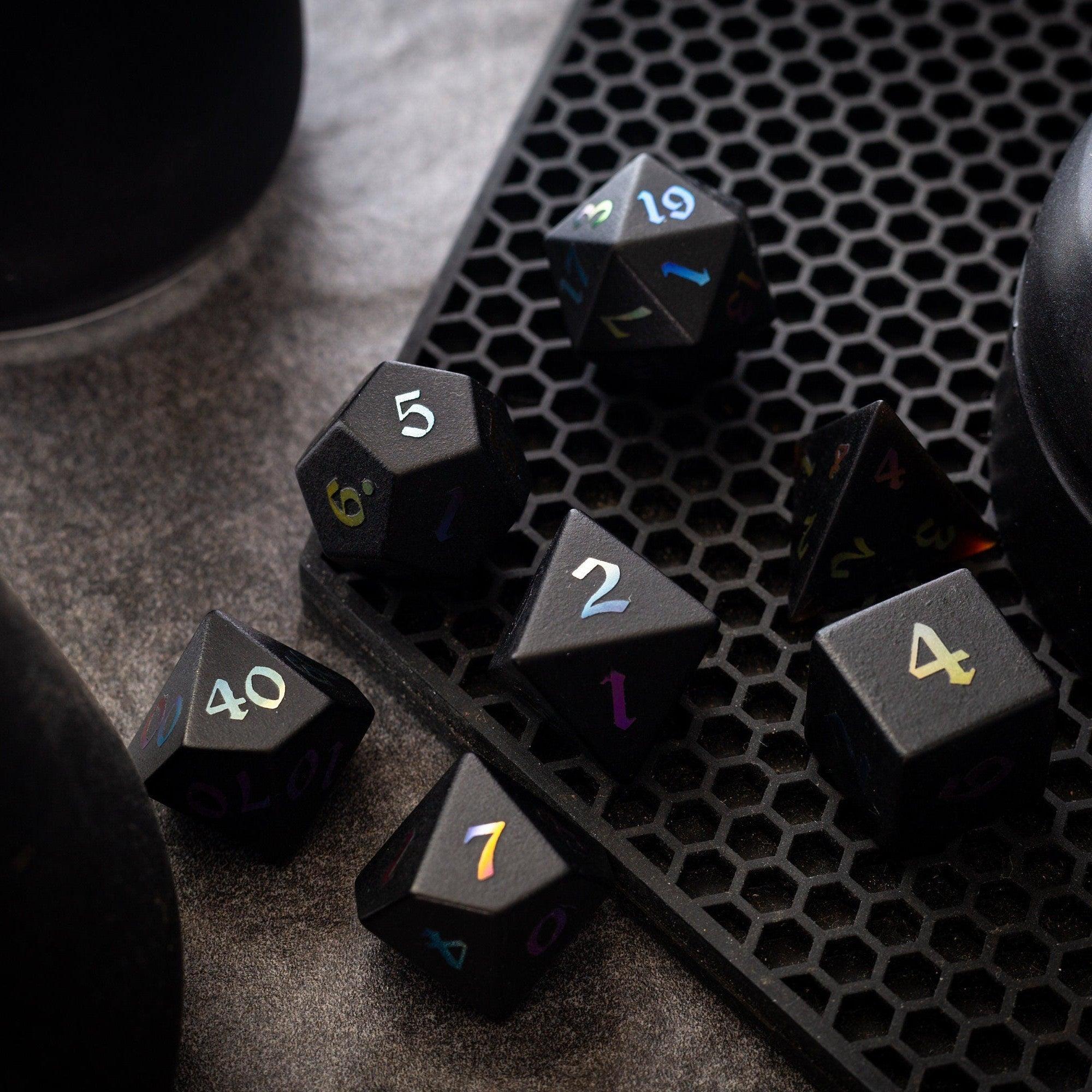
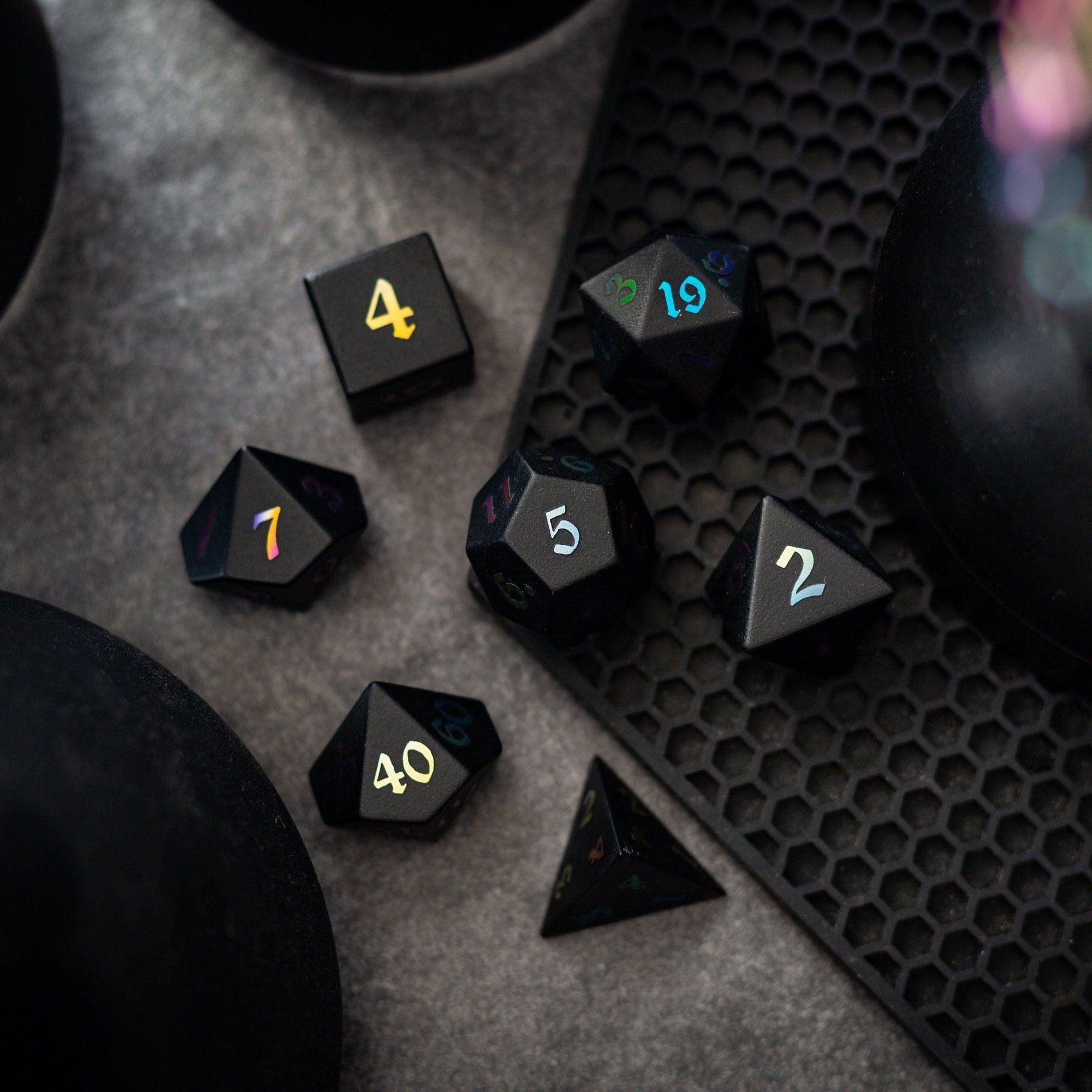
Leave a comment
This site is protected by hCaptcha and the hCaptcha Privacy Policy and Terms of Service apply.